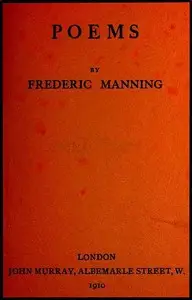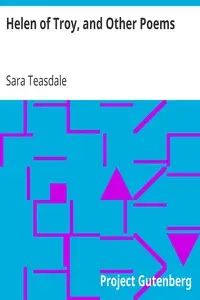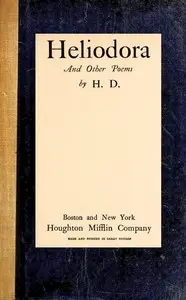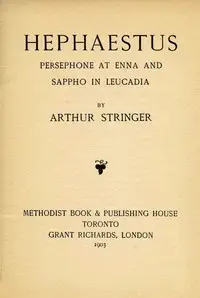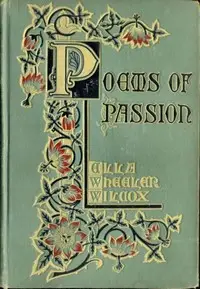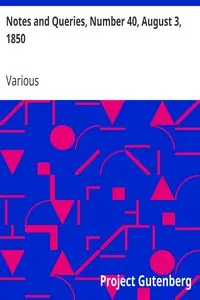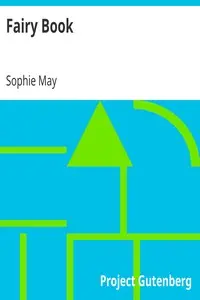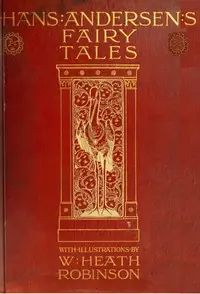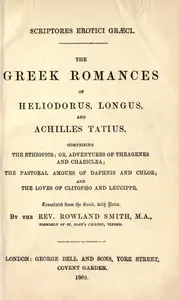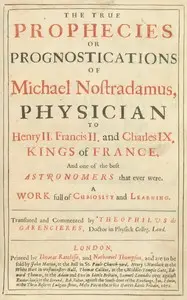"Hymen" by H. D. is a gathering of poems from the early 1900s that examines ideas of love, wanting, and how complicated relationships can be, frequently using old stories and pictures from ancient times. The poems display a wide spectrum of feelings, showing the difficulties and happiness that come with love and yearning. The poems begin with an exciting group performance, asking for good things for marriage and blessings from above, and then move on to personal poems that explore different sides of love, being a woman, and references to well-known myths. Important figures like Demeter, Circe, and Phaedra show up in the poems, telling stories that are both deeply personal and relevant to everyone. H. D. uses beautiful and expressive language, capturing the details of what people feel and the never-ending nature of longing, and through her careful look at love and loss, the poems have an effect on readers by drawing attention to both the beauty and the suffering found in close relationships.
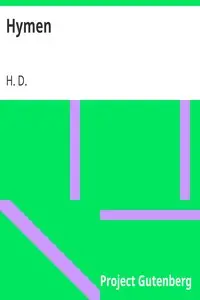
Hymen
By H. D. (Hilda Doolittle)
Experience the power and pain of love through a collection of poems that intertwine ancient myths with the raw emotions of the human heart.
Summary
About the AuthorHilda Doolittle was an American modernist poet, novelist, and memoirist who wrote under the name H.D. throughout her life. Her career began in 1911 after she moved to London and co-founded the avant-garde Imagist group of poets with American expatriate poet and critic Ezra Pound. During this early period, her minimalist free verse poems depicting Classical motifs drew international attention. Eventually distancing herself from the Imagist movement, she experimented with a wider variety of forms, including fiction, memoir, and verse drama. Reflecting the trauma she experienced in London during the Blitz, H.D.'s poetic style from World War II until her death pivoted towards complex long poems on esoteric and pacifist themes.
Hilda Doolittle was an American modernist poet, novelist, and memoirist who wrote under the name H.D. throughout her life. Her career began in 1911 after she moved to London and co-founded the avant-garde Imagist group of poets with American expatriate poet and critic Ezra Pound. During this early period, her minimalist free verse poems depicting Classical motifs drew international attention. Eventually distancing herself from the Imagist movement, she experimented with a wider variety of forms, including fiction, memoir, and verse drama. Reflecting the trauma she experienced in London during the Blitz, H.D.'s poetic style from World War II until her death pivoted towards complex long poems on esoteric and pacifist themes.

